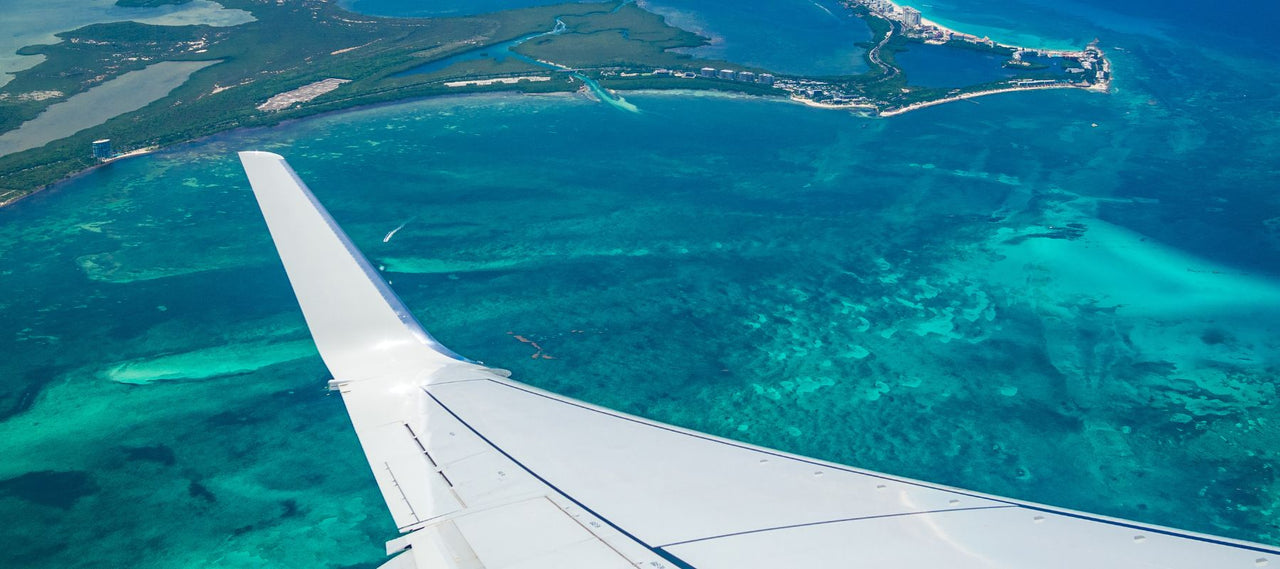Surf Travel Basics - How to Plan the Best Surf Trip
Research Your Destination
The first step to planning your surf trip is to research your destination thoroughly. Start by looking at the surf spots in the area and checking the surf conditions. This will give you an idea of what to expect and what gear you'll need to bring. You can find information about surf spots and conditions online, through surf reports, and by talking to local surf shops. For starters check out resource of surf guides.
You should also research the culture and customs of the country you'll be visiting. Different countries have different customs and traditions, and it's important to be respectful of them. Learn about the local language, customs, and etiquette before you go. This will help you blend in better with the locals and avoid any cultural misunderstandings.
Get the Right Gear

When traveling abroad, it's important to have the right gear with you. Make a list of all the gear you'll need for your trip, including your surfboard, wetsuit, leash, fins, and wax. If you're traveling to a remote destination, you may need to bring extra gear, such as repair kits and spare fins.
When packing your gear, make sure it's securely packed to avoid damage during transit. Invest in a good quality hemp surfboard bag from Wave Tribe to protect your board during transport. You can also use bubble wrap or foam padding to protect your board before putting it into your surfboard bag.
Be Prepared for the Unexpected
When traveling abroad, it's important to be prepared for the unexpected. This means having a contingency plan in case things don't go as planned. For example, if your flight is delayed or your luggage is lost, you should have a backup plan in place. Make sure you have a copy of your travel documents, such as your passport and visa, and keep them in a separate location from your luggage. You should also have a backup credit card and some cash in case of emergencies.
Book Accommodation in Advance
Booking accommodation in advance is essential when traveling internationally. This will save you time and money, and ensure that you have a comfortable place to stay. There are plenty of options for surfers, including surf camps, hostels, and hotels. Choose the type of accommodation that best suits your needs and budget.
When booking accommodation, make sure to read reviews from previous guests. This will give you an idea of what to expect and whether the accommodation is suitable for your needs. You should also check the location of the accommodation and make sure it's close to the surf spots you want to visit.
Learn about the Local Surf Culture
One of the best parts of surfing abroad is experiencing the local surf culture. Take the time to learn about the local surf culture and connect with local surfers. You can do this by visiting local surf shops, attending surf events, and talking to other surfers in the water.
Surf etiquette varies from country to country, so it's important to learn the local rules. For example, in some countries, surfers have priority based on their position in the lineup, while in others, the surfer closest to the peak has priority.
Respect the Environment

As surfers, we have a responsibility to protect the environment. This means being mindful of our impact on the environment and taking steps to minimize it. When surfing abroad, make sure to respect the local environment and follow any rules or regulations in place and dispose of your trash properly. If you see trash in the water or on the beach, pick it up and put it in a bin—the locals will be stoked. Be mindful of the local marine life and avoid disturbing or damaging their habitats.
You can also support local conservation efforts by participating in beach cleanups or donating to local conservation organizations. This will not only help protect the environment but also help you connect with the local community.
Be Safe
Safety should always be a top priority when traveling internationally, especially as a surfer. Make sure to take the necessary precautions to stay safe while surfing abroad. This includes checking the surf conditions, knowing your limits, and wearing appropriate safety gear.
Be aware of any potential risks or hazards in the area, such as rip currents or dangerous marine life. If you're unsure about the conditions or hazards, ask local surfers or surf shop employees for advice.
In addition to surfing safety, take general safety precautions when traveling abroad. This includes keeping your valuables safe, being aware of your surroundings, and avoiding unsafe areas.
In conclusion, traveling internationally as a surfer can be an incredible experience. However, it's important to do your research, be prepared for the unexpected, respect the local culture and environment, and prioritize safety. By following these tips, you'll be well on your way to planning an unforgettable surf trip abroad. Happy surfing!


